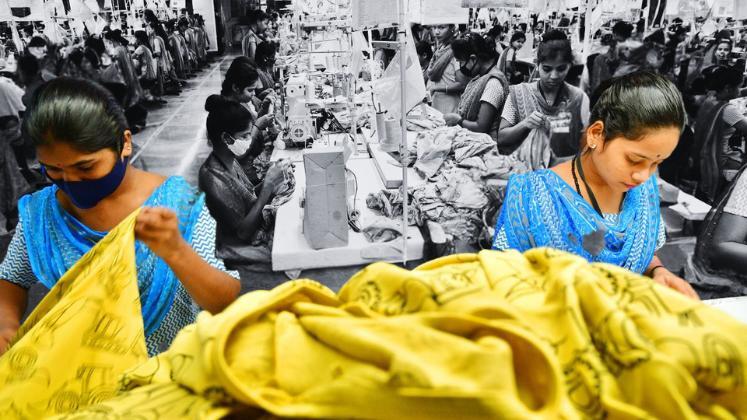
Indian Textile industry grapples with ESG, CBAM in EU
Set for implementation in 2026 under the EU’s expansive European Green Deal, these standards have the potential to redefine global sustainable production and supply chains. Indian textile exporters are redefining their practices, viewing sustainability not only as a compliance measure but as an initiative to solidify their standing as major global suppliers. This transition also opens avenues for potential benefits from an upcoming free trade agreement with the EU. Tamil Nadu’s textile industry, a significant player, has made substantial progress toward sustainability, contributing over 50 per cent of the state’s renewable energy capacity and adopting zero liquid discharge in approximately 300 textile processing units in Tirupur. However, challenges increase, including compliance costs, documentation requirements, and labor cost variations across states.
Source: The Hindu January 02, 2024 18:07 UTC



